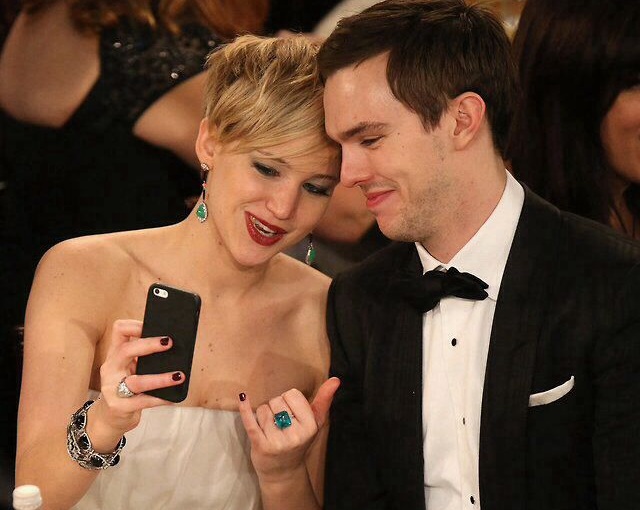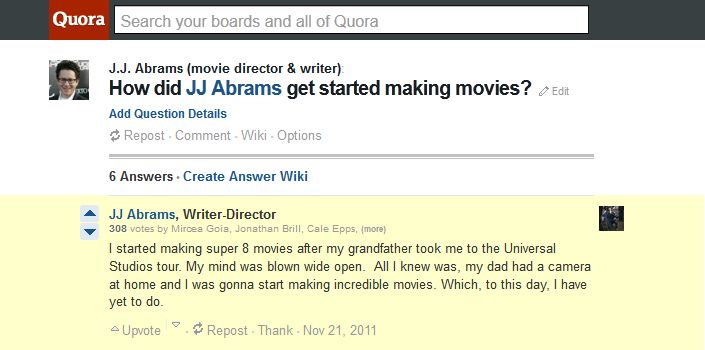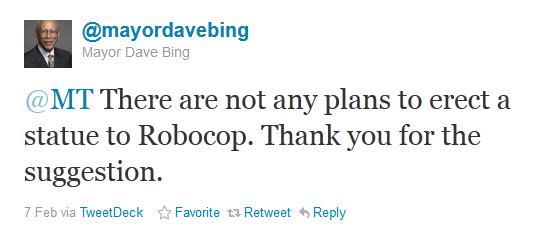
This is the opening line of a blog post I never thought I’d have to write: this blog post covers the topic of nude selfies and online masturbation culture, and as a result, may not be safe for work.
On August 31, a deluge of nude celebrity photos was leaked onto the internet. In the past, we’ve seen similar isolated incidents (Scarlett Johansson and Rihanna, for example), but the leak that occurred over Labor Day weekend was unprecedented: it included photos of dozens of celebrities (including Jennifer Lawrence, Victoria Justice, Kate Upton, and Ariana Grande).
It quickly became fodder for tabloids, Twitter users, and journalists on the 24-hour news cycle. And as is typically the case when you have non-tech journalists reporting on technology and Internet culture, there was a severe lack of information at play. I know I’ve made a habit of picking on CNN, but it is never without warrant. For instance, the following video:
Let’s ignore the fact that this Brett Larson is obviously underqualified to be CNN’s “Technology Analyst”. But there are so many things wrong with what he’s said in this clip. Most of these things could have been easily fixed with a simple visit to Know Your Meme.
To clear some things up:
4chan is not a person. It is a message board located at 4chan.org. On that site, there are many sub-forums, known by shorthand abbreviations. For instance, /v/ is the Video Games forum, and /mu/ is for Music.
And then there’s /b/, which stands for Random, because why not? It’s where anything goes, including porn, gore, illegal porn, file sharing, coordinated cyber-bullying, and even some hacking. /b/ is also typically what uninformed journalists think all of 4chan is.
To be clear, using “4chan” as a metonym for “/b/” is as inaccurate as saying reddit’s now-defunct /r/jailbait sub-reddit represented the whole community (which happened all too often during the 2012 scandal).
Now, Anonymous refers to a collective of “hackers” or “hactivists” with a cause. The problem (and genius) of using this name is that literally anybody can be part of Anonymous. Occupy Wall Street protesters in Guy Fawkes masks called themselves Anonymous. A high school kid participating in a low-level DDoS attack can be Anonymous. The people who leaked information related to the Steubenville High School rape case were Anonymous. They even made Time Magazine’s 2012’s list of The World’s 100 Most Influential People. The biggest mistake that journalists make with regard to Anonymous is to pigeonhole them into a single agenda. It is a group with almost no central leadership, all using the same name for purposes of solidarity and obfuscation. They can use their powers to correct what they believe to be political injustices, or they can just completely dox someone (i.e. share their private information online) for the “lulz” (i.e. just because they think it’s entertaining). That said, there is a high likelihood that Anonymous and 4chan users from /b/ were involved with the celebrity phone hacking in some way.
Some more terminology that you’ll hear include “The Fappening”. The name is an obvious reference to the terrible M. Night Shyamalan movie The Happening. It was likely coined by 4chan/reddit, but was definitely popularized by reddit by way of /r/TheFappening, a community devoted to covering the leaked celebrity photos. This sub-reddit became the fastest growing for the month, with over 55,000 subscribers in about a week’s time.
Now, for some “lulz”. “The Fappening” derives from the term “fap”, which is used as an onomatopoeic euphemism for masturbation. It is both a noun and a verb, though the latter is more common. For instance, there’s a community on reddit for the 30 day no-masturbation challenge (a la Seinfeld) called /r/NoFap. With all due seriousness, it’s undeniably hilarious when established news sources adopt the term “The Fappening” because of all of its sophomoric connotations.
Here are some other terms that you’ll probably see thrown around in relation to this scandal:
iCloud: The cloud refers to saving data on the internet for backup, sharing, and syncing purposes. iCloud is the service that Apple uses for its devices, including iPhones. It has been speculated that there was a security breach involving iCloud that led to the leak of all these photos.
Brute forcing refers to utilizing all possible key combinations in order to gain access to someone’s account. In the CNN video above, their “technology analyst” implies that a hacker brute forced their way into all of these celebrity’s accounts, which is a preposterous claim.
Hacking and Hacker are both extremely loaded terms, typically with negative connotations. At its fundamental definition, a hacker bypasses a computer or device’s security in order to gain access to files or systems. This can be done for improving security, or for more nefarious purposes. In the common tech vernacular, a Cracker refers to hackers who partake in criminal activity.
White Knighting is an Internet slang term that refers to when people (typically men) defend strangers (typically women) from online criticisms due to some romantic attraction. It can also refer to what’s happening when “journalists” and celebrities refer to the hackers as pathetic, pervy basement dwellers or calling people who view leaked photos sexual molesters.
Victim blaming: Let’s try our best not do this.






